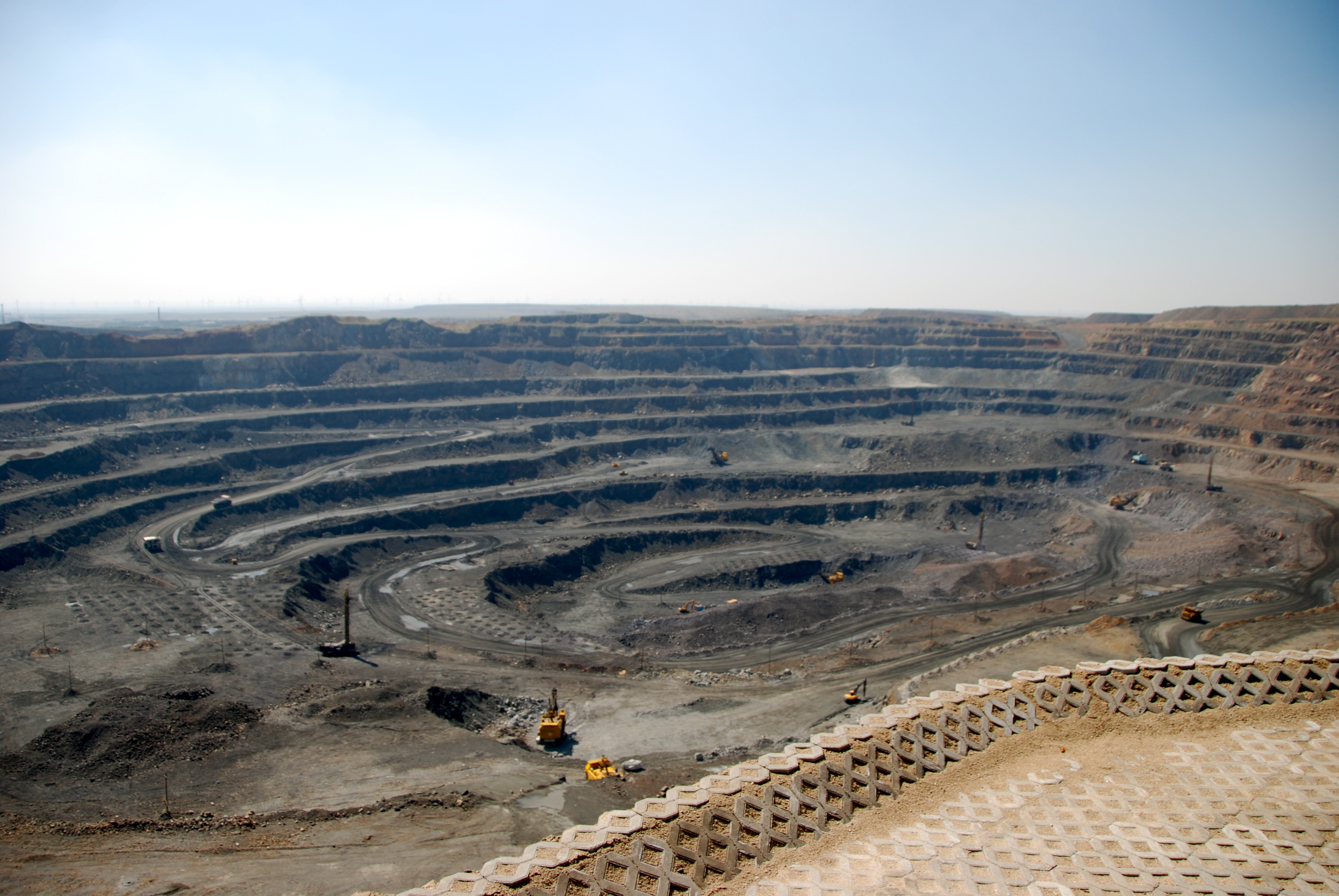The catering group, which runs the likes of Upper Crust and Caffè Ritazza in stations and airports, has announced plans for a £100 million share buyback alongside fourth-quarter results. Like-for-like sales rose 2 per cent in the quarter.
Shares in SSP still trade almost 70 per cent below the 600p they touched before the outbreak of Covid-19. The former stock market darling tapped shareholders for more than £700 million during the pandemic, when businesses were locked down across the world.
Patrick Coveney, chief executive of SSP, said: “While we have made good progress with many of the initiatives that we have under way, more still needs to be done. We are working at pace to accelerate our actions as we enter the next financial year.”
Earlier this year it emerged that Irenic Capital, a New York-based activist investor, had built a stake in SSP.
Lloyds warns of extra car loan provisions
Lloyds is a big provider of car loans
STEFAN ROUSSEAU/PA
The FTSE 100 bank said it may need to book a further provision in response to the Financial Conduct Authority’s review of motor finance practices, warning that the charge could be material.
Lloyds Banking Group, a big provider of car loans, said it continued to assess the impact of the FCA’s proposed plan for a consumer compensation scheme for mis-sold car loans that will leave firms footing an estimated bill of £11 billion. It noted that uncertainties remain around how the proposals will be interpreted and implemented.
“Based on our initial analysis and the characteristics of the proposed scheme, an additional provision is likely to be required which may be material,” the company said. It added that the matter is subject to further analysis and review, and that updates will be provided to the market when appropriate.
CMA says five water firms can raise bills by 1%-5%
Protesters against Southern Water in Margate in 2021
ALAMY
Five water companies are to be provisionally allowed to increase their bills by between 1% and 5% more than previously granted by regulator Ofwat, the competition watchdog has said.
Anglian Water, Northumbrian Water, South East Water, Southern Water and Wessex Water had argued that Ofwat’s original decision left them unable to meet the regulatory requirements set out for them.
An independent group of experts appointed by the Competition and Markets Authority (CMA) said Anglian and Northumbrian should be allowed to increase their bills by a further 1%, Southern by 3%, South East by 4% and Wessex by 5%.
The CMA said a provisional decision allowed for 21%, or an additional £556 million in revenue, of the total £2.7 billion the five firms requested.
Kirstin Baker, who chaired the independent group of experts, said: “We’ve found that water companies’ requests for significant bill increases, on top of those allowed by Ofwat, are largely unjustified.”
HSBC to buy rest of Hang Seng bank
The FTSE 100 bank has announced plans to buy out minority shareholders in Hong Kong’s Hang Seng Bank. HSBC has offered to pay HK$155 per share for the 36 per cent of the bank it does not already own, valuing the stake at about HK$106.1 billion (£10.7 billion).
HSBC said it would pause its share buybacks for about three quarters to build up the capital required for the deal, which has been struck at a 30 per cent premium to Hang Seng Bank’s closing price on Wednesday.
Hang Seng Bank has been hit by its exposure to faltering property markets in the city and mainland China. Impaired loans reached 6.7 per cent of its gross loans in June 2025, up sharply from 2.8 per cent at the end of 2023.
Georges Elhedery, chief executive of HSBC, said: “This is an investment for the medium to long term in what is a leading local bank in Hong Kong, an iconic franchise, distinct and unique customer proposition and a strong financial standing with very good liquidity ratios and capital ratios.”
China tightens controls over rare earth metals
A rare-earth mine in Inner Mongolia in China
FLICKRVISION
China has tightened its control of rare earth metals, expanding restrictions on processing technology, barring unauthorised foreign cooperation and spelling out its intention to limit exports to overseas defence and semiconductor users.
The Ministry of Commerce’s announcement clarifies and expands controls announced in April that caused massive shortages around the world before a series of deals with Europe and the US resumed shipments.
Overseas defence users will not be granted licences, the ministry said, while applications related to advanced semiconductors will only be approved on a case-by-case basis. It comes after US lawmakers called for broader bans on the export of chipmaking equipment to China.
China produces more than 90 per cent of the world’s processed rare earths and rare earth magnets. The group of 17 elements are vital materials in products from electric vehicles to aircraft engines and military radars.
Oil slides on Israel and Hamas peace plan
Oil prices dipped as geopolitical tensions eased on news that Israel and Hamas had agreed to the first phase of a ceasefire plan to end the two-year conflict.
Benchmark Brent crude slid 0.4 per cent, or 32 cents, to $65.93.
Israeli prime minister Benjamin Netanyahu said he would convene the government on Thursday to approve the ceasefire agreement. President Trump said he might travel to Egypt this weekend to discuss further steps in the deal.
The war in Gaza has supported oil prices as investors have weighed the potential risk to global oil supply if the war were to develop into a wider regional conflict.
• Gaza peace deal: Israel and Hamas agree hostage release and ceasefire
Investors shrug off warnings about AI bubble
Asian markets advanced
REUTERS/KIM KYUNG-HOON
Stock markets were higher in Asia after a resumption of the bull run in AI-related technology, with the S&P 500 and Nasdaq both hitting record highs as investors ignored bubble warnings to buy the dip.
The IMF and Bank of England warned that investment in artificial intelligence was stoking a bubble that could result in a global market sell-off if it burst.
Rising technology shares pushed Japan’s Nikkei up 1.4 per cent to close to its all-time high. Data showed offshore funds bought a net 2.5 trillion yen (£12 billion) worth of Japanese shares in the week to October 4.
Stocks in Taiwan climbed 1.2 per cent to a fresh record, while China’s SSE Composite rose 1.23 per cent as trading restarted after a week-long holiday.
“The AI theme remains intact as we see another stream of multi-billion investment come into the space,” wrote analysts at JP Morgan in a note.
“Investors can talk all they want about the ‘circularity’ of this AI investment cycle, but these daily headlines are being rewarded with strength until proven otherwise.”
They said estimates for earnings growth in the tech sector had risen to 20.9 per cent for the upcoming reporting season, from 15.9 per cent in June. Around 80 per cent of the shares in the tech sector have seen estimates increase, led by Nvidia and Apple.

